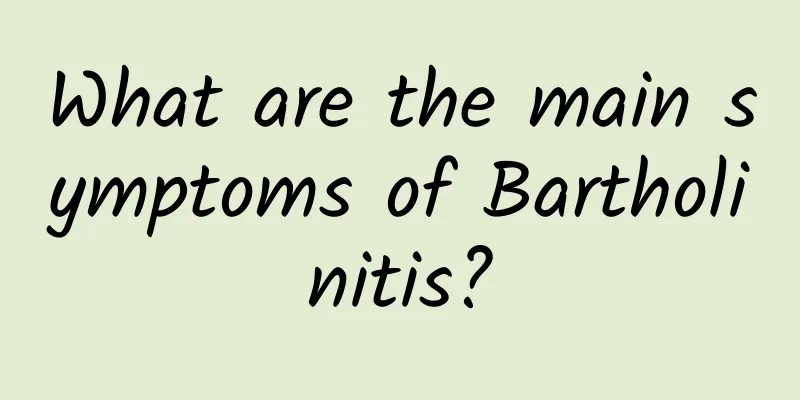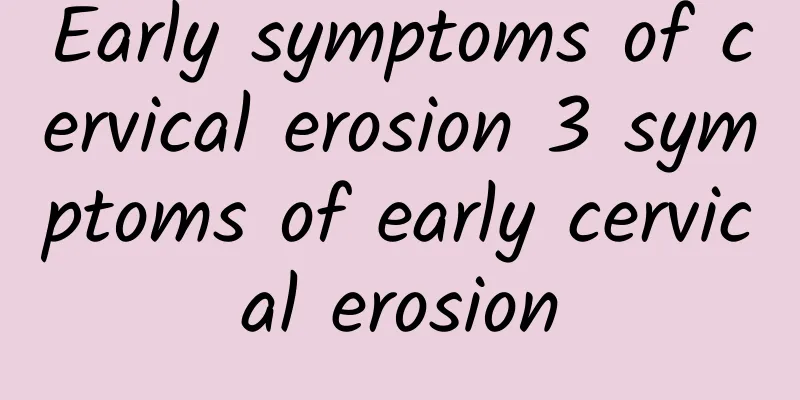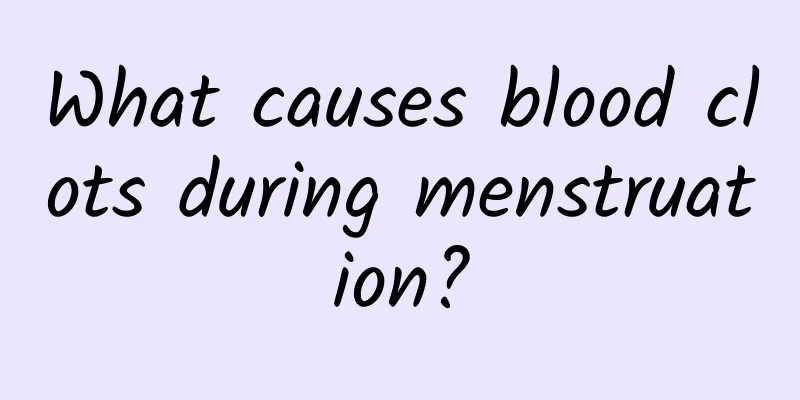Is uterine cyst serious? What are the dangers?

|
Whether a uterine cyst is serious depends mainly on the type and size of the cyst. Most cysts are benign, but if they are not treated for a long time, problems such as compression, infection, and infertility may occur. Therefore, they need to be actively treated according to the situation after discovery. 1 Common hazards of uterine cysts Uterine cysts are mostly benign, including subserosal cysts, cysts formed by adenomyoma, etc. If the cyst is small, there are usually no obvious symptoms, but if the cyst enlarges, it may cause abdominal distension and pain, menstrual disorders, lumbar pain and other problems. Impact on fertility: Larger cysts may compress the ovaries or fallopian tubes, leading to ovulation disorders or fallopian tube blockage, which in turn causes infertility. Some cysts can interfere with the implantation of fertilized eggs, making pregnancy difficult. Induce inflammation or infection: Cysts that are not treated for a long time may become infected, leading to acute pelvic inflammatory disease or peritonitis, with symptoms such as fever and worsening abdominal pain. Risk of malignant transformation: Some pathological cysts, such as adenomyoma of the uterus, appear cystic and may pose a risk of malignant transformation if not promptly diagnosed and treated. 2 Common treatments for uterine cysts There are many different ways to treat uterine cysts, depending on the type of cyst, size, and symptoms: Drug treatment: If the cyst is not large and has no obvious symptoms, oral contraceptives or progesterone drugs can be used under the guidance of a doctor to regulate hormone levels and inhibit cyst growth. Minimally invasive surgery: For larger cysts or those with obvious symptoms, hysteroscopy or laparoscopy can be used to remove the cyst, which involves less trauma and quicker recovery. Regular observation: For small and asymptomatic simple cysts, regular check-ups can be performed to monitor cyst changes and avoid overtreatment. 3 Daily health care for patients with uterine cysts Improvements in diet and lifestyle can help reduce cyst growth and symptoms: Reduce greasy food in the diet and eat more fresh vegetables and fruits, such as carrots and kiwis, which will help increase the intake of plant hormones and help regulate the endocrine system. Appropriate low-intensity exercise, such as walking and yoga, can help improve pelvic blood circulation. Try to avoid staying up late, excessive fatigue and emotional stress, and maintain a healthy life routine. Do not ignore the discovery of uterine cysts. Early diagnosis and standardized treatment are very important. Women need to pay attention to their own health in daily life, have regular physical examinations, and seek medical treatment in time if abnormalities are found. Only in this way can the harm caused by cysts be effectively avoided and the quality of life be improved. |
>>: Is the thickness of the endometrium related to uterine coldness?
Recommend
How to prevent miscarriage
How to prevent miscarriage? Generally, miscarriag...
Calf cramps and pain? Learning this stretching exercise not only eliminates cramps, but also makes the calf curve tighter and longer.
This exercise is very effective for stretching th...
The early symptoms of uterine fibroids may only be abdominal distension.
Since the early symptoms of uterine fibroids have...
What are the symptoms of uterine fibroids? What are the treatment methods for uterine fibroids?
Uterine fibroids are a common gynecological tumor...
Is Bartholinitis still contagious in the late stage?
Bartholinitis is a common disease among women, bu...
What are the clinical examination methods for vaginitis?
Among the many gynecological inflammatory disease...
Avocado burns fat and fights aging, it is the most nutritious fruit! Research: Five tough guys in health
Avocados are rich in nutrients and were once list...
What are the common symptoms of cervicitis?
In fact, few people with cervicitis will notice t...
What preparations are needed for myomectomy? What preparations are needed for myomectomy?
What preparations are needed for myomectomy? What...
What should I do if I always have headaches during menstruation?
What should I do if I always have headaches durin...
No Executive Yuan version, DPP legislators refuse to review the esophageal law
The "Food Sanitation Management Act Amendmen...
Are ovarian cysts dangerous?
Are ovarian cysts harmful? Ovarian cysts are curr...
Can women with ovarian follicles get pregnant after menopause? It is possible but not recommended
Can women with ovarian follicles become pregnant ...
How to lose weight after becoming obese after the Chinese New Year? Online survey: 7 major exercises and 5 major slimming diets to burn fat and lose weight
During the New Year holidays, many people unknowi...
How are uterine fibroids caused?
Uterine fibroids may be caused by genetic factors...









